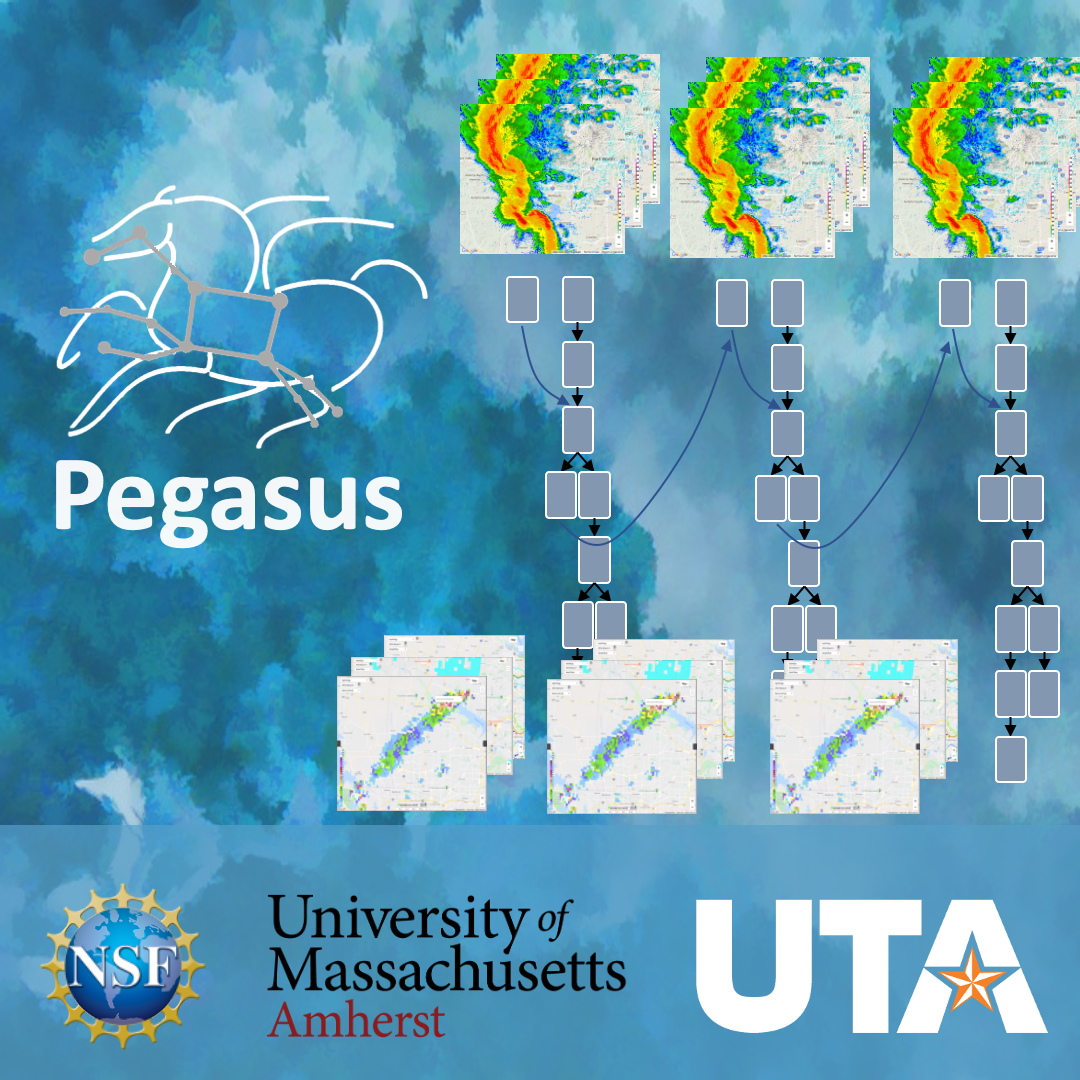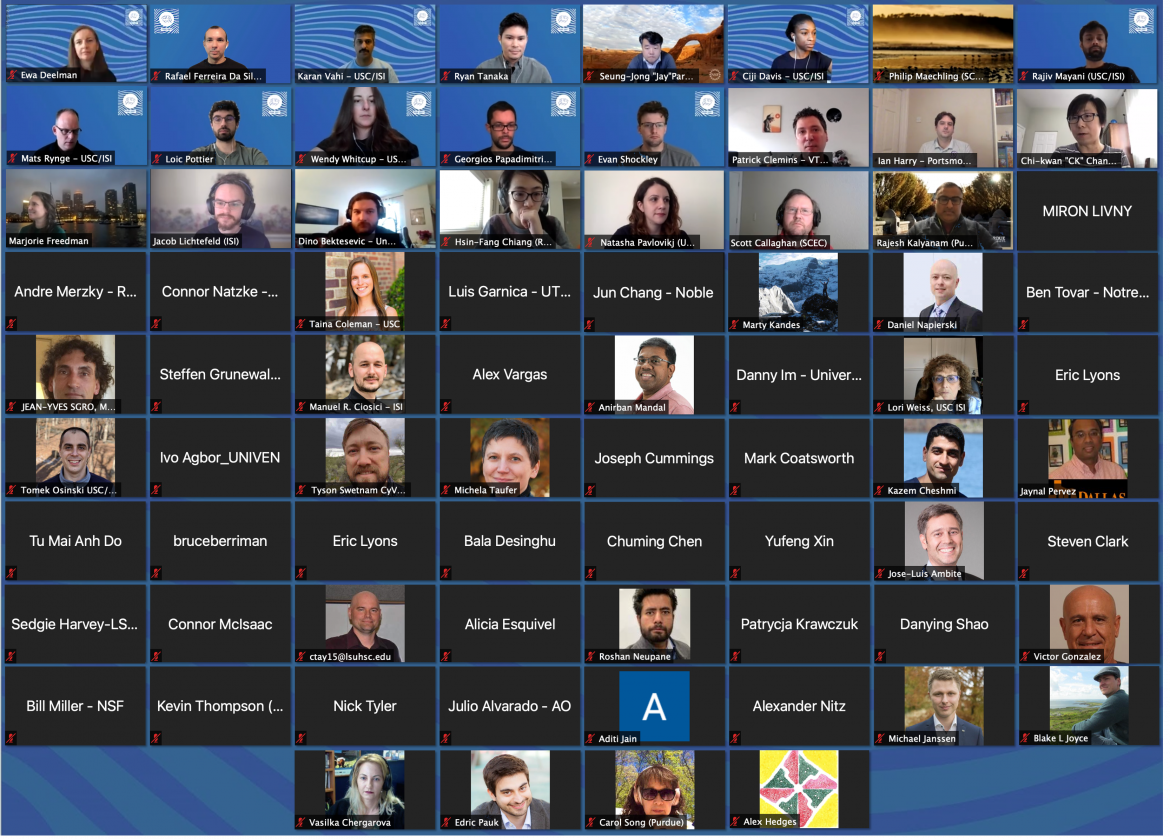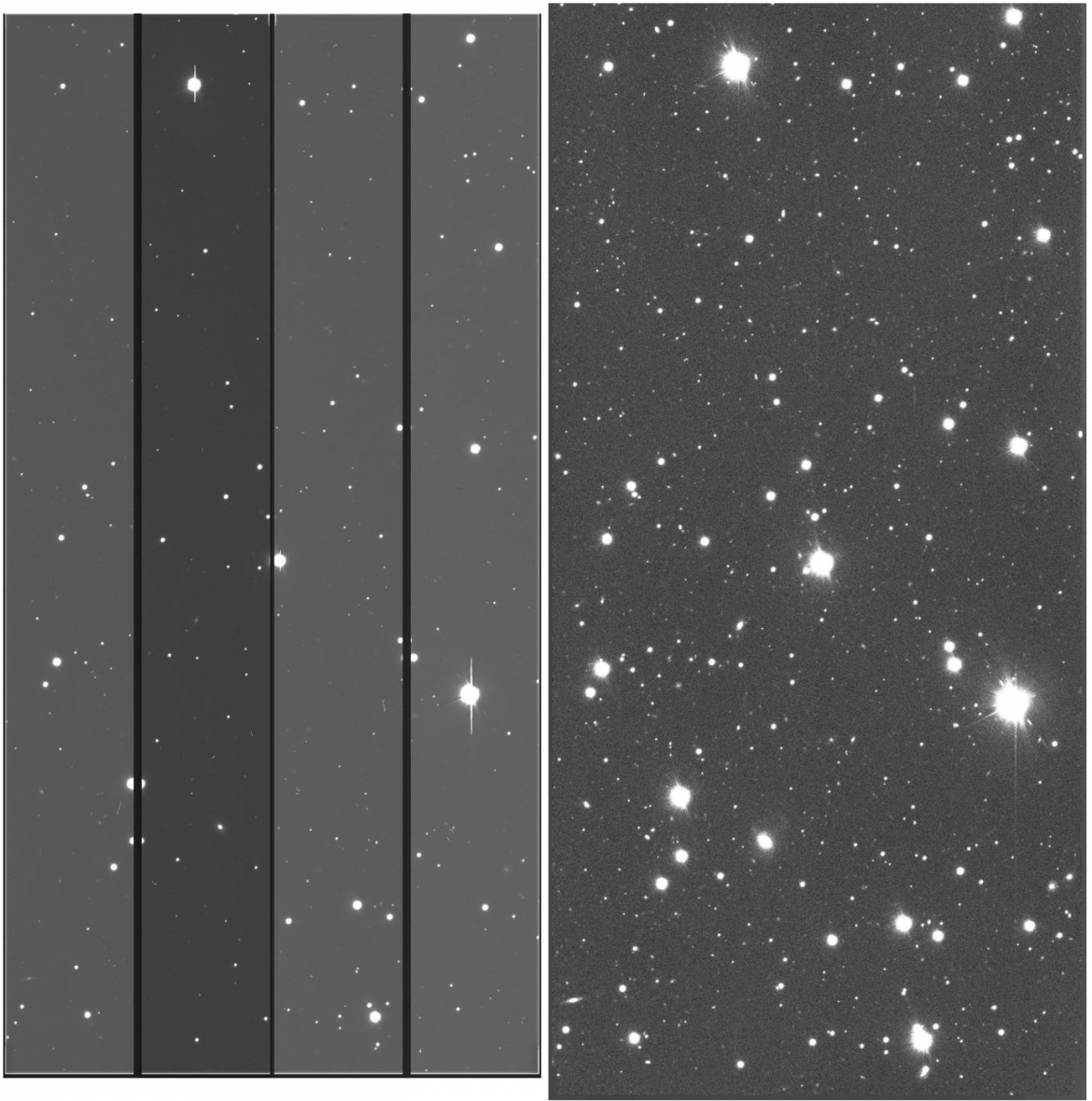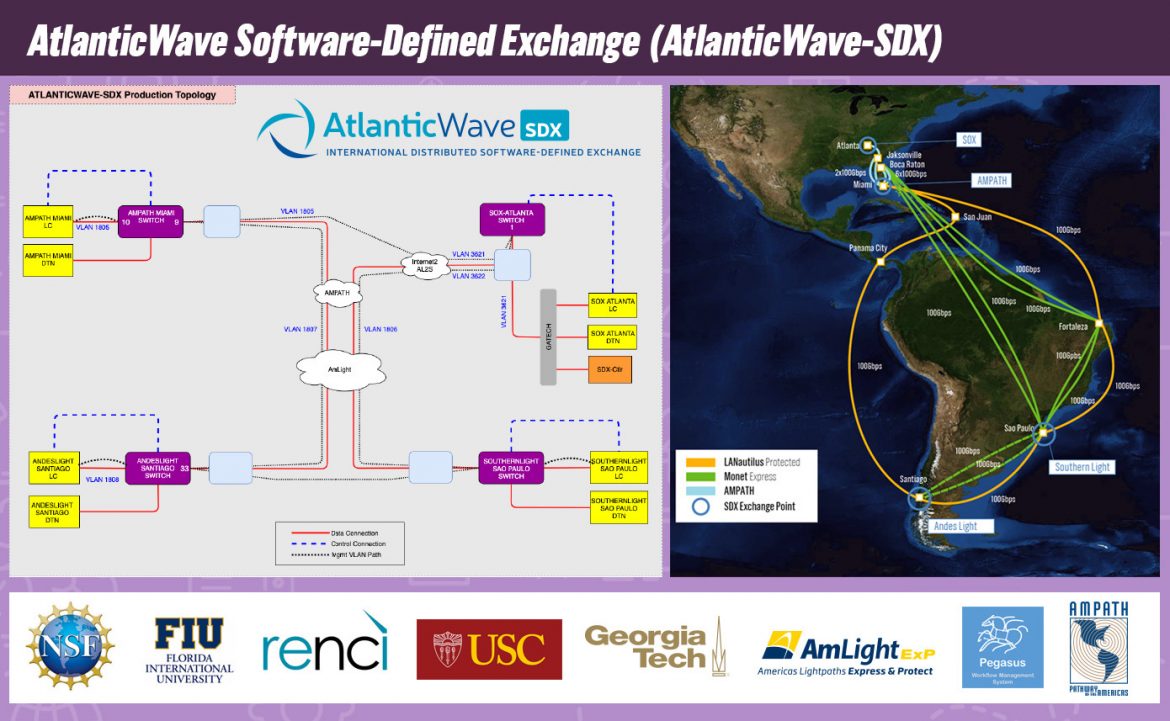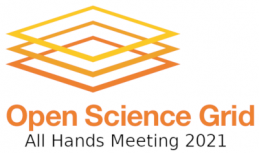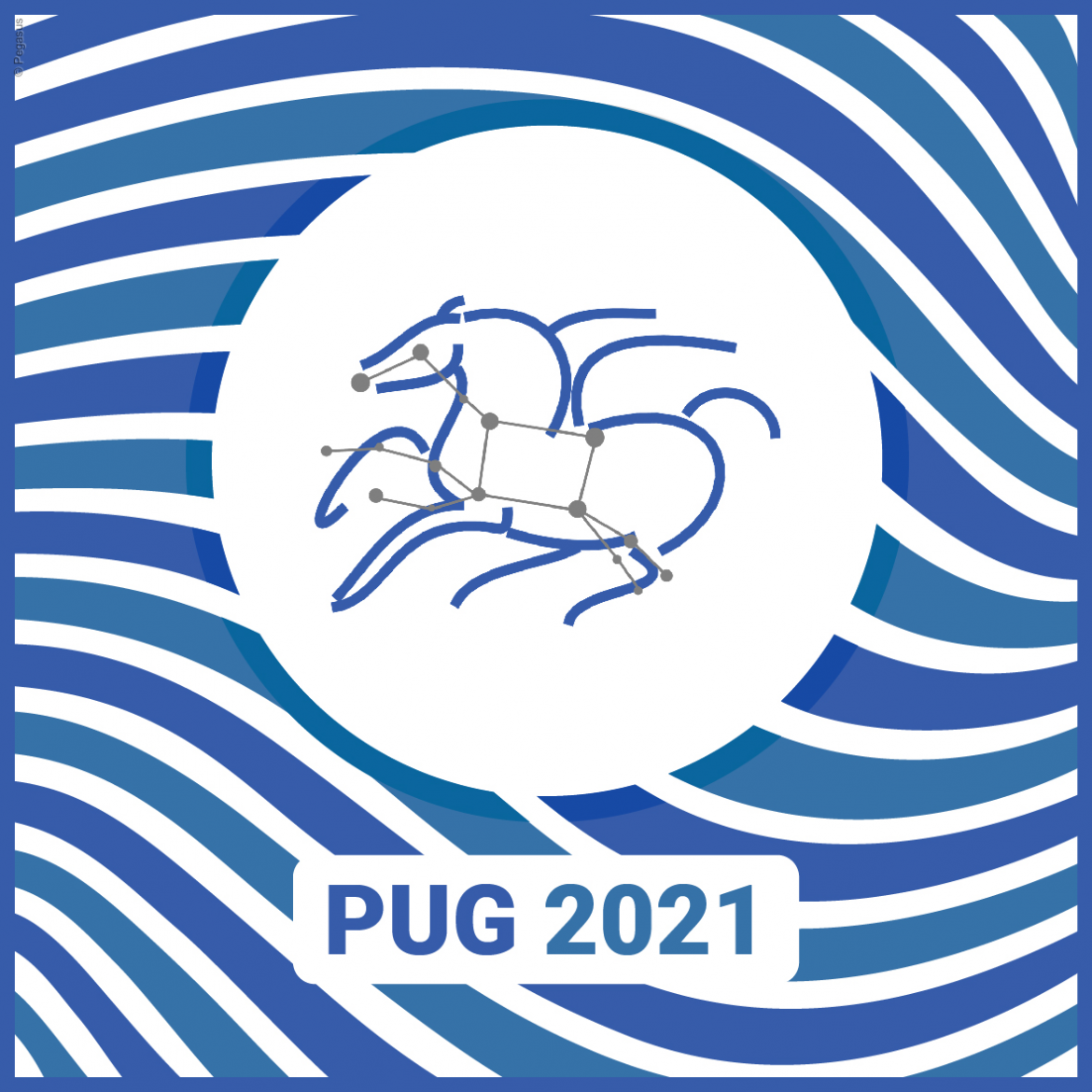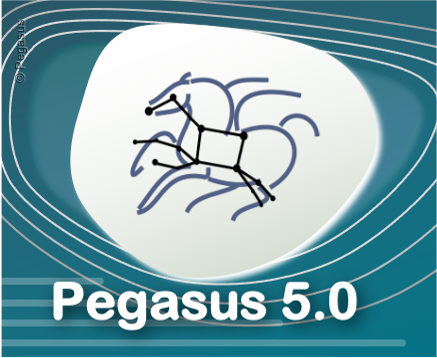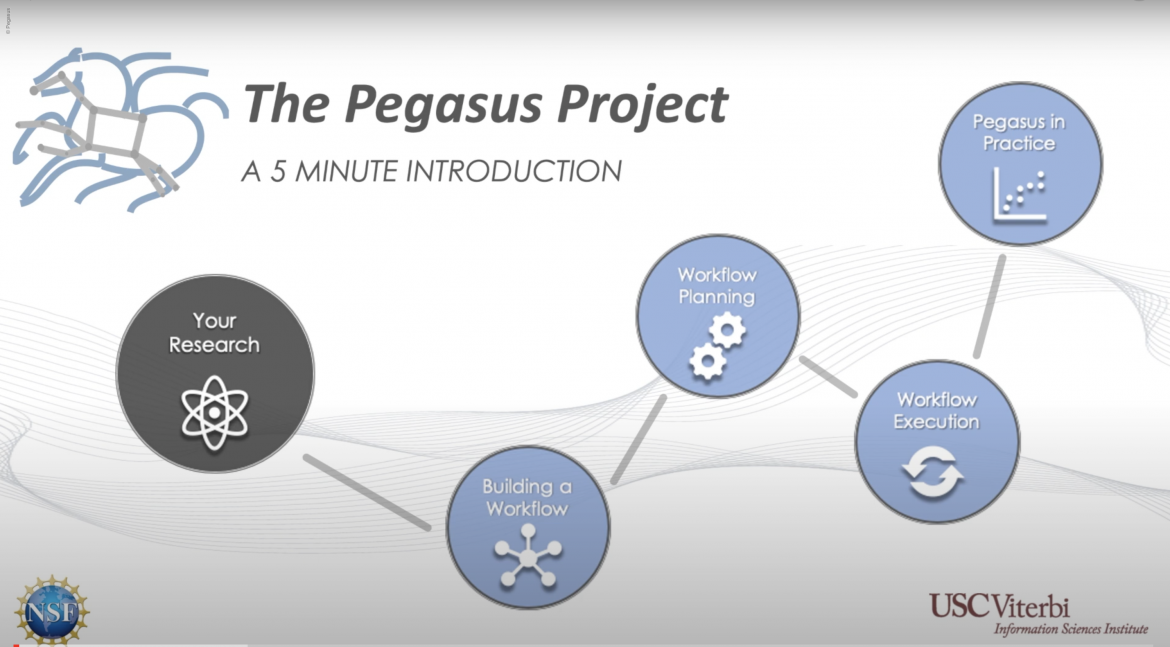2021 SciTech and Friends Research Symposium
The Science Automation Technologies Research Group (SciTech) at the USC Information Sciences Institute aims to empower the scientific community by conducting research and software development in the area of automation of scientific computing, providing tools such as workflow management systems like Pegasus. As a result, scientists can focus on their … Read More

